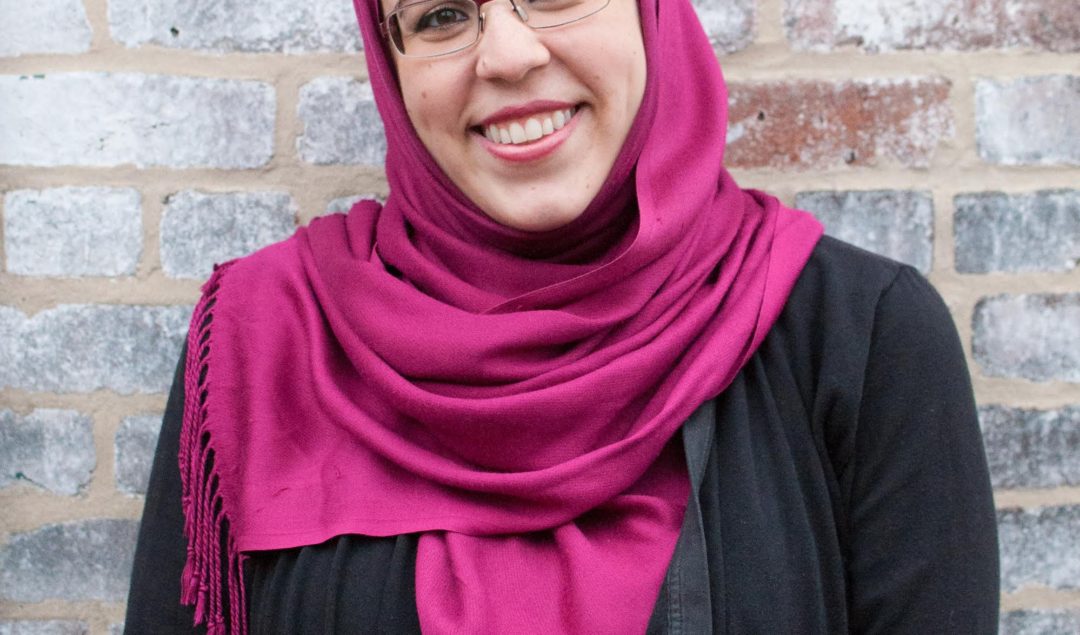Meet Dara, A woman. A Muslim. A Data Engineer at one of the world’s most successful tech companies.

I sat down with Dara Elass only expecting to discuss life as a Data Engineer at Spotify. As I went on to uncover the amazing person that she is and more about her life journey, I knew that this discussion would go more in-depth than work and her life in tech. We thank you, Dara, for being so brave and welcoming to POCIT and for understanding how important it is to share your story with the communities and individuals you may reach.
Tell us about your journey into tech.
I studied Systems Engineering in College, but my first job was client facing and not technical; I was a risk analyst for a couple of years in the insurance industry. I wasn’t happy, and I didn’t exactly know how to get to where I wanted. I saw a lot of talk around “data,” so I ended up doing a data science boot camp, then working at BuzzFeed for a year as a data analyst where I gained a lot of skills. Then I applied to Spotify, where I now happily work. I am one of two engineers on a team of over 15 people; we build our team’s infrastructure (using Scala and Python), so the data scientists on our team can do their work.
You didn’t get the Spotify role straight out college, did you?
I applied to Spotify years earlier and got rejected. I say that to remind us that we think we have to have our dream job straight out of college, but sometimes, it takes a few more steps. I had to go through two jobs to get to a place where I’m happy.
What is it like to be a Muslim woman in a technology company?
Spotify is a special place, and I’m grateful to be here. There aren’t that many Muslims in Spotify, but we have a lot of support. We had a lunch and learned during Ramadan, and 40 people came to ask questions. For me, that was very important because not only did they come, but they also felt comfortable enough to ask questions.
How do people first receive you when you walk into a room? Are you a woman first? A Muslim first?
When someone sees me on the street, they first think Muslim and not a woman. Before being cat-called, I’m being called ISIS or terrorist. For me, being Muslim is the most significant part of my life. My spirituality and my faith are my life. It’s the first thing I think about in the day and the last thing I remember about at night. Outside of work, I feel like I stand out at tech conferences; I think I’ve only once seen another Hijabi at a tech conference.
One piece of advice to POCITs?
The one piece of advice I would give is to develop your inner strength (this is something I’m always working on). You need to be able to go somewhere and be okay with being alone or being “the only one” (for example, “the only Muslim”). It would be great to have some people with backgrounds similar to yours at work or events or conferences, but it’s not guaranteed to happen, so you need the strength to come from within yourself. One way to develop this strength is to educate yourself about your history and your people’s history. Every community has smart people who changed society in some way (whether it’s their neighborhood or larger society). These people are intentionally hidden, so you have to do your research, but when you find them, and when you know the history of your people and ancestors, that will give you strength to move forward. Another way to develop this internal strength is to put yourself in situations (conferences, events, etc.) where you are going to be the “only one.”
What is one negative experience you’ve encountered at work?
At my first job almost six years ago, I was at a company that built models of natural disasters for insurance companies, and one of the models was for terrorism. One year, at the annual conference, they brought a “terrorism expert” to come speak. This was right after the Boston Marathon bombing. As an “expert,” he said that these two men were normal, until they started reading more Quran, and praying, and then they became radicalized. I was the only Muslim in the room, and I felt so uncomfortable because he was saying that Muslims are OK as long as they are not practicing; otherwise, they are radical. This villainized not only me, but also every Muslim family member and friend I love, and of course 2 billion other people. I went to the bathroom and cried. One of my friends from work who was sitting in the front of the room (I was in the back) and couldn’t have known how I felt texted me to see if I was OK after he said what he did, and that made me realize that this wasn’t just in my head. It was also a reminder that there are good people out there like that friend who checked up on me.



